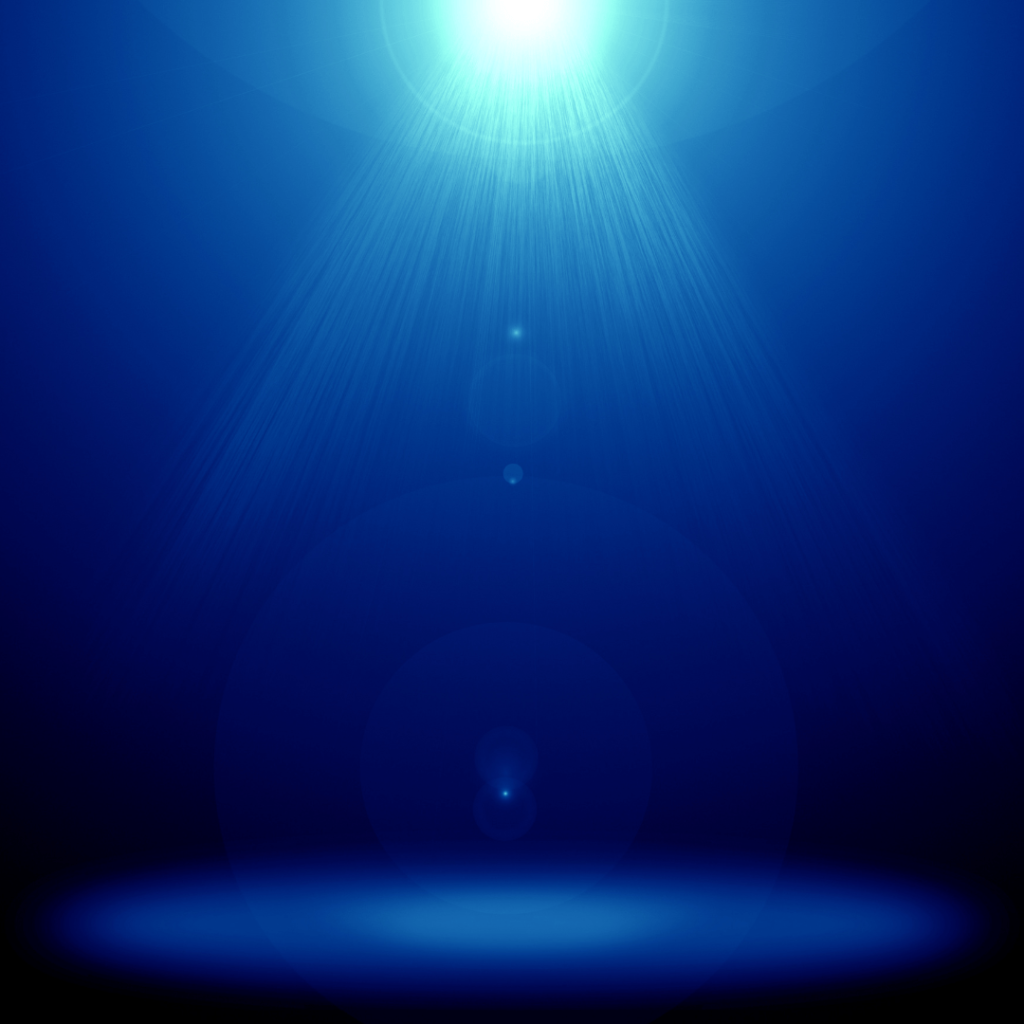With so many screens in our lives, you may wonder, “Is blue light really affecting my sleep?” Blue light, emitted by phones, computers, and TVs, suppresses melatonin, the hormone responsible for sleep, making it harder to fall asleep at night. Recent research confirms that extended exposure to blue light can delay sleep, reduce REM cycles, and lead to poorer overall rest quality. While blocking blue light entirely may not be feasible, simple solutions like dimming screens, using night mode, or avoiding screens an hour before bed can make a big difference for your sleep health.

Blue light isn’t just a myth—it can have a real impact on your sleep quality by delaying melatonin production and disrupting your natural sleep cycle. With so many screens in our daily lives, it’s easy to feel overwhelmed, but small adjustments can make a big difference. Dimming your screens, enabling night mode, or simply putting devices away an hour before bed are simple, effective ways to minimize blue light exposure and promote better sleep.
Prioritize your sleep health by making mindful screen-time choices. For more sleep tips and wellness insights, follow us on Instagram at @Health.We.Care and explore our eBook, Mindful Pro in 21 Days, where we share practical steps to optimize your sleep routine and overall well-being.




